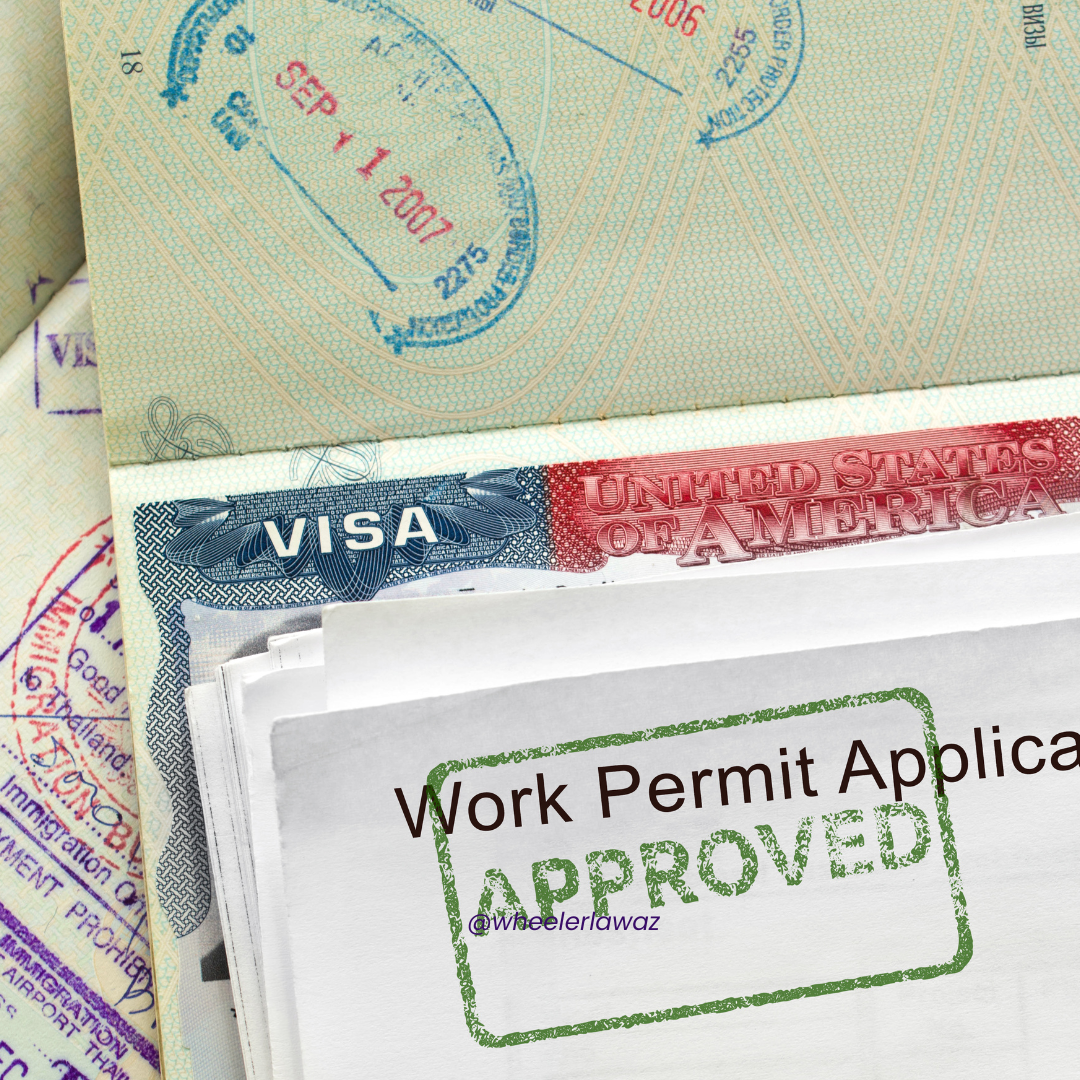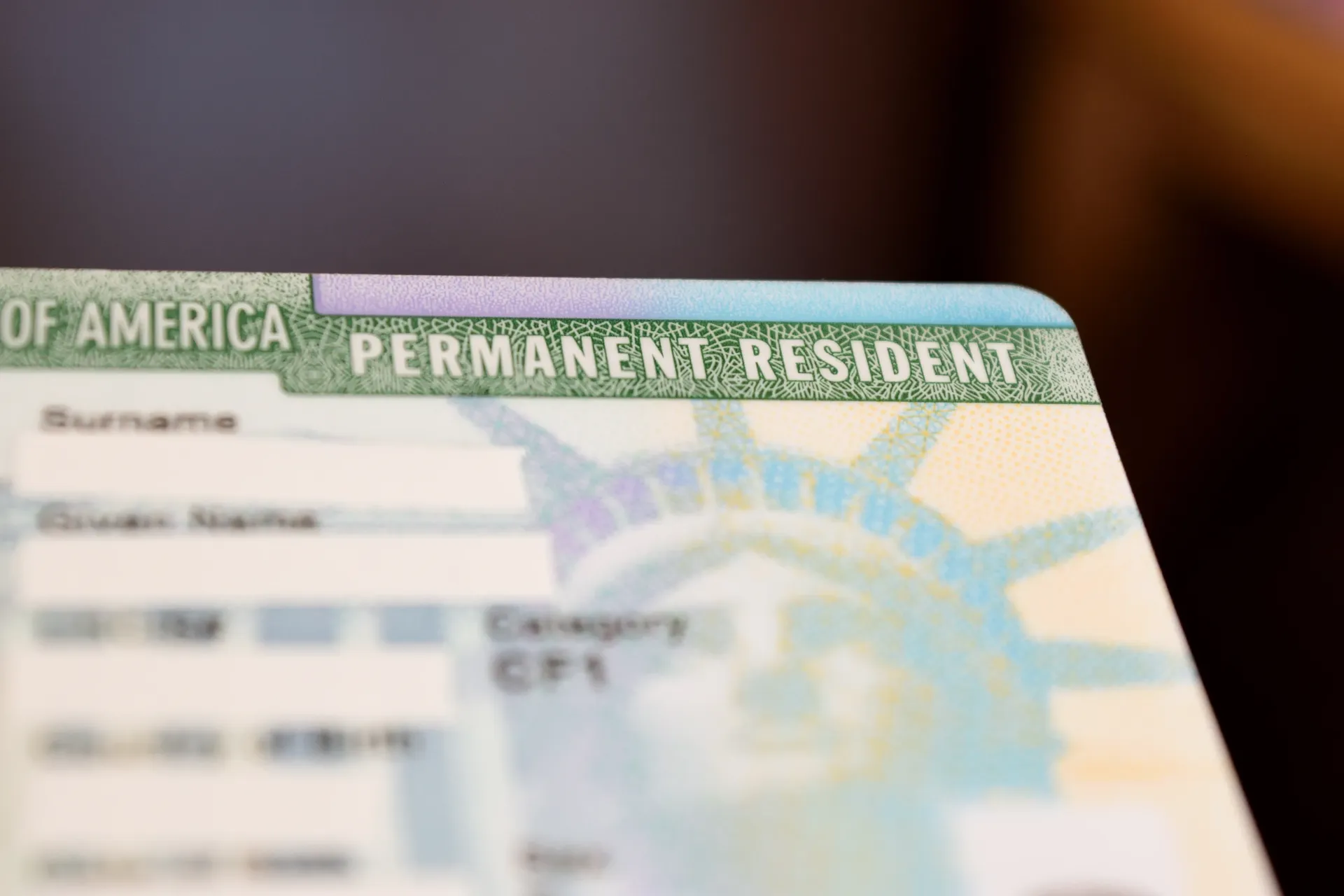Seeking Asylum
Seeking Asylum
Seeking asylum can be complicated and challenging. If you, or a loved one, is seeking asylum, or wants to seek asylum, here are some frequently asked questions.
What is Asylum?
- Asylum is a form of immigration status that the US Government may grant to someone who has been persecuted or fear he/she will be persecuted on account of race, religion, nationality, and/or membership in a particular social group or political opinion.
Do you qualify for Asylum?
- To qualify for asylum you have to show you have suffered persecution based on your race, religion, nationality, political opinion or membership in a particular social group.
How to obtain Asylum?
- 1. The affirmative process (filed with USCIS)
- 2. An Asylum Merits Interview after a positive credible fear determination (both USCIS and Immigration Court - EOIR)
- 3. The defensive process (filed with Immigration Court - EOIR)
When to file for Asylum?
- You must submit your asylum application (I-589) within one year of your entry into the United States.
How to file for Asylum?
- If you are filing your application with USCIS (you have not received a Notice to Appear in immigration court), you mail in your application and supporting documents to the service center that has jurisdiction over your case. You can find the mailing address here: https://www.uscis.gov/i-589
- If you are in removal proceedings, your application and supporting documentation is submitted to the immigration judge who has your case. A copy must also be served (given) to the Office of Chief Counsel of the Department of Homeland Security. http://www.biahelp.com/address-dhs-office-chief-counsel-occ/
When can I apply for a work permit?
- An individual is eligible to submit an application for a work permit based on a pending asylum application after 150-days have elapsed since the date of filing the application. For example, if you submit your asylum application on January 1, 2022, you cannot mail your application to USCIS until after May 31, 2022.
What is the difference between a Master Calendar Hearing and an Individual Merit Hearing?
- Your first court date is called a “Master Calendar Hearing.” At this hearing, the immigration judge will advise you of your legal rights during the proceedings and will ask you if you would like to proceed or ask for additional time to hire an attorney. If you request additional time, the judge will schedule you another Master Calendar Hearing in a couple of months, depending on the court’s calendar.
- A Master Calendar Hearing is a “status hearing.” It is a short preliminary hearing where the immigration judge has the opportunity to speak with you about your legal rights and what applications you may be eligible to submit to the court. The Immigration Judge, government attorney, and yourself (or your attorney) will discuss what is the best way to proceed in your case.
- An individual Merit Hearing is your “trial.” It is your opportunity to present your case to the immigration judge by using evidence and testimony. After the hearing, the judge will make a decision about your case.
Will an interpreter be provided for me in court?
- The Arizona Immigration Courts always have a Spanish interpreter available. If you or a loved one’s native language, or best language, is different from English or Spanish, the Court can schedule an interpreter in your native language to be present the day of your hearing.
Can I apply for residency after I am granted asylum?
- Yes, you can apply for residency (green card) with USCIS a year after you were granted asylum.
What is Withholding of Removal?
- Individuals who are afraid of persecution in their home country but are ineligible for asylum, an alternate path to protection exists called “withholding of removal.” Withholding of removal may only be granted by an immigration judge. A person who is granted withholding of removal is protected from being returned to his or her country, has the right to remain in the United States, and work legally. At the end of the court process, an immigration judge enters a deportation order and then tells the government they cannot execute that order. However, the government is still allowed to deport that person to a different country, if that country agrees to accept them. However, withholding of removal does not offer permanent protection or a path to permanent residence.
Wheeler Law is available to answer any other questions you may have, and/or help you take the next steps to your, or your loved ones, future. Wheeler Law works hard to defend your legal rights and keep families together. Call us now to schedule a consultation: 602-586-5625.










